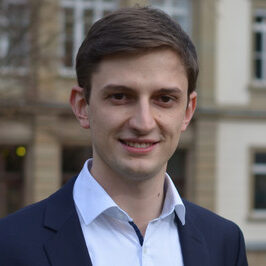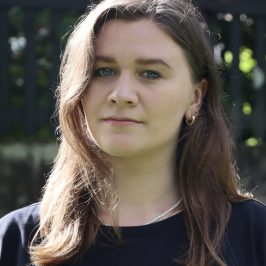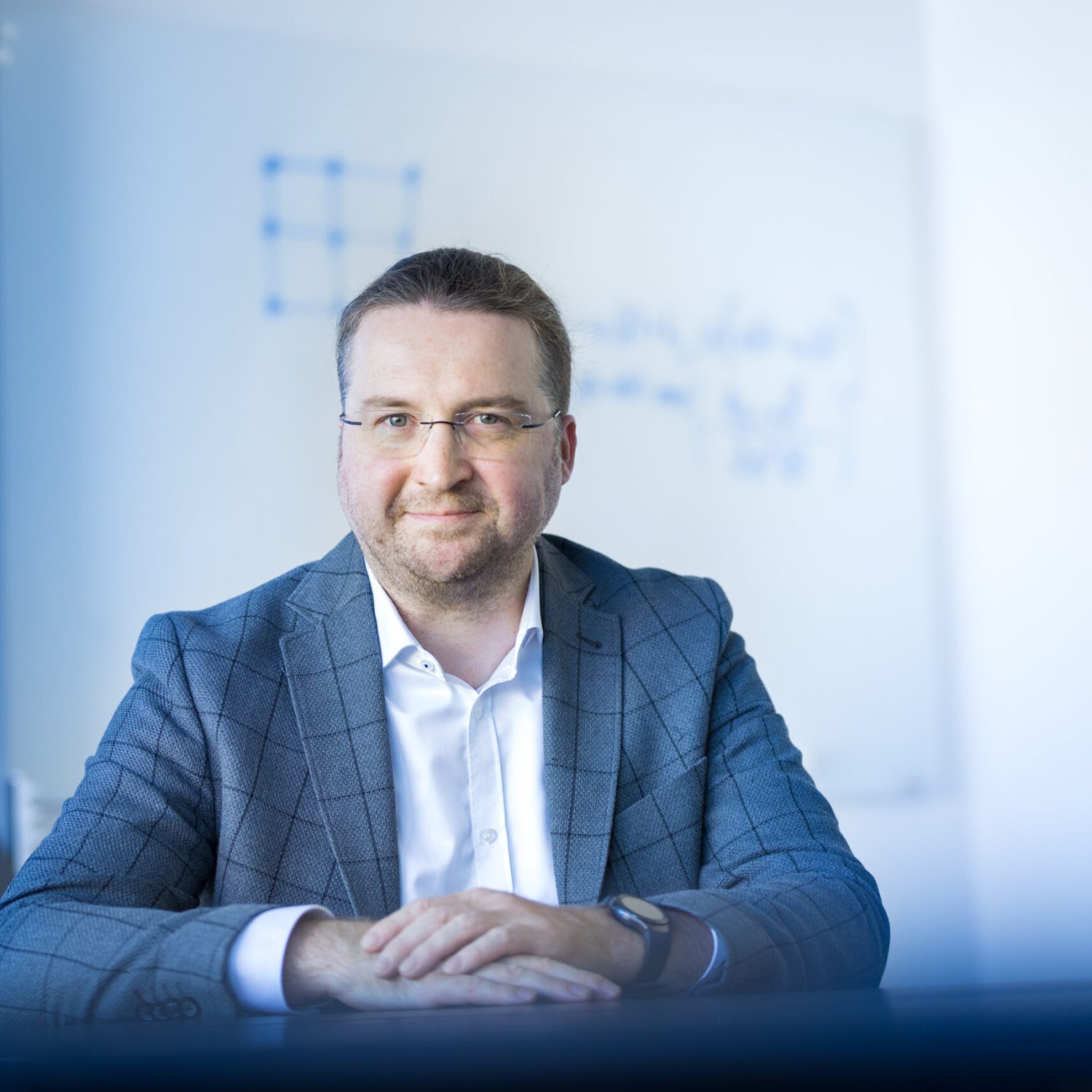DiMEN is funded by the VolkswagenStiftung and carried out jointly by the Institute for Ethics and History of Medicine at the Eberhard Karls University Tübingen and the Junior Professorship of Medical Ethics with a focus on Digitalisation at the Faculty of Health Sciences Brandenburg.
Who we are
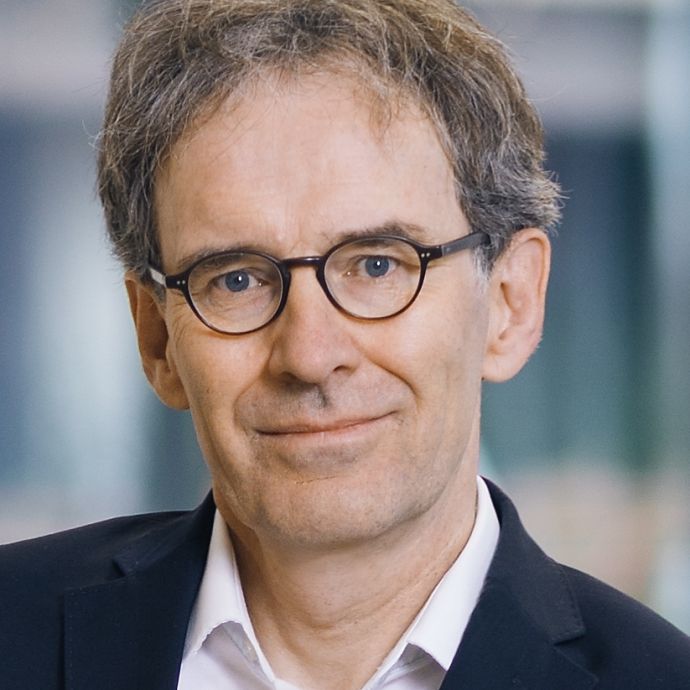
Prof. Dr. Dr. Urban Wiesing
Institute for Ethics and History of Medicine, University Hospital Tübingen
Urban Wiesing is the director of the Institute for Ethics and History of Medicine at the University Hospital Tübingen. His work focuses on the philosophy of medicine and the ethical aspects of modern medical technologies.
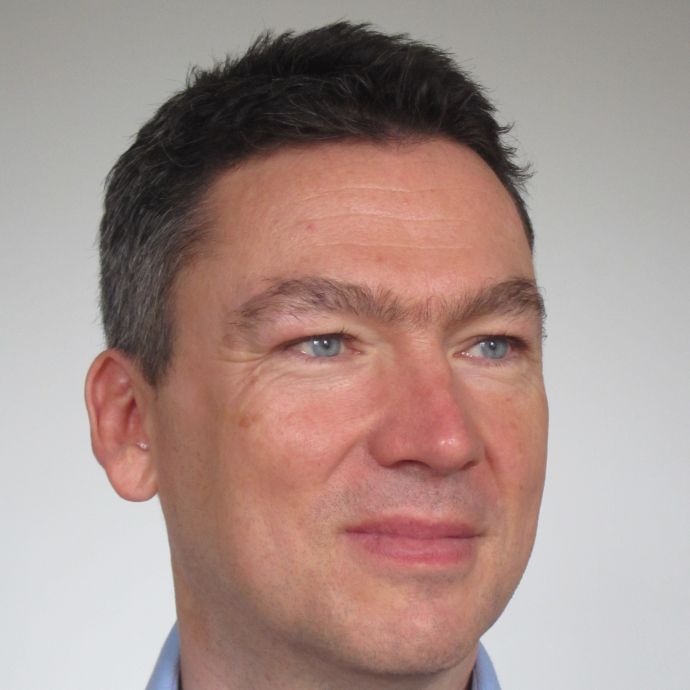
Prof. Dr. Hans-Jörg Ehni
Institute for Ethics and History of Medicine, University Hospital Tübingen
Hans-Jörg Ehni is Deputy Director of the Institute for Ethics and History of Medicine at the University Hospital Tübingen. His research focuses include the ethics of ageing and questions of research ethics.
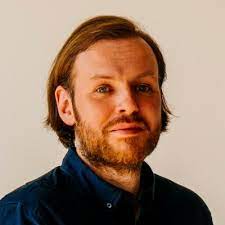
Prof. Dr. Robert Ranisch
Juniorprofessorship for Medical Ethics with a focus on digitalisation, FGW Brandenburg
Robert Ranisch chairs the juniorprofessorship of medical ethics with a focus on digitalisation at the Brandenburg Faculty of Health Sciences. His research areas include biomedical ethics and ethics of digital medicine.
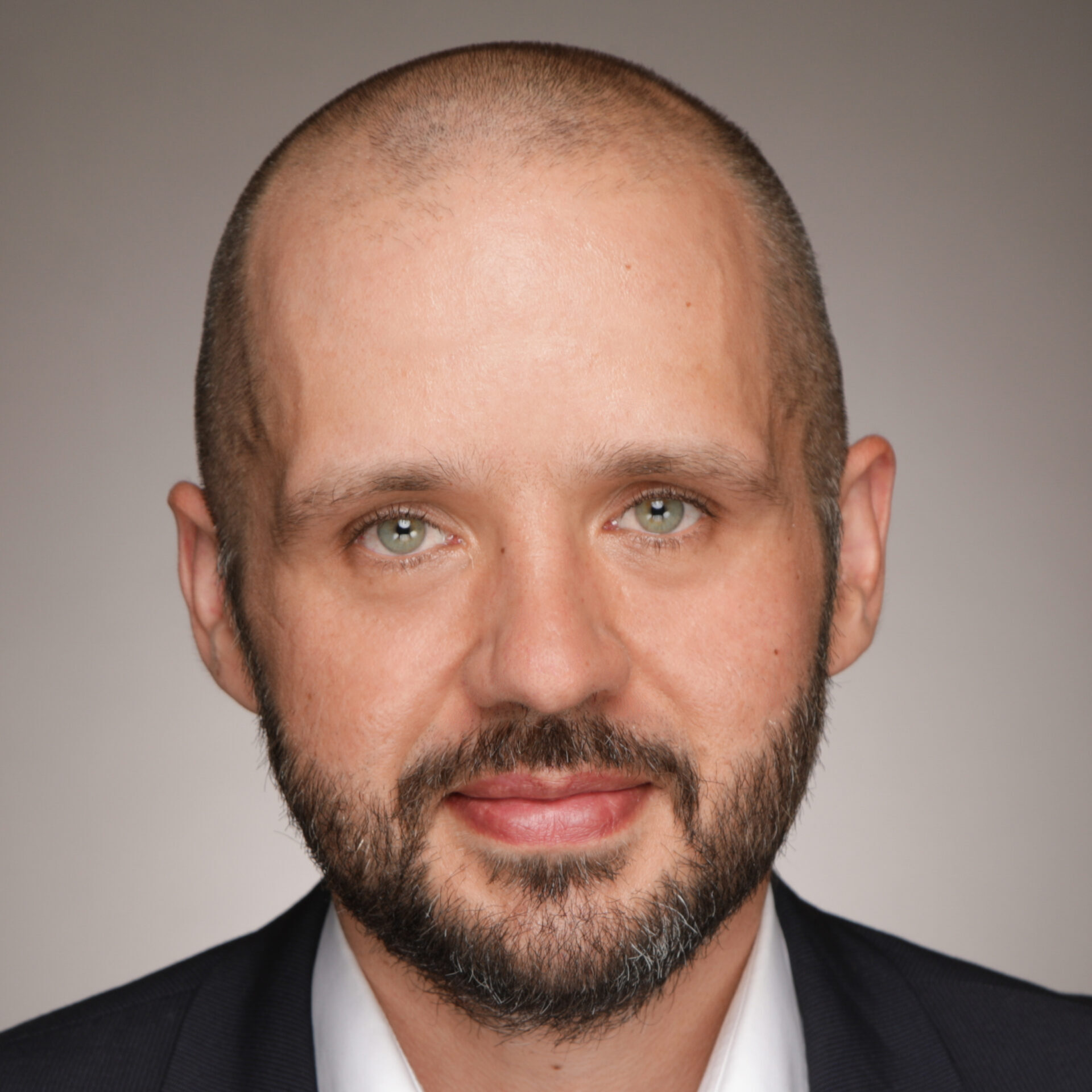
Dr. Joschka Haltaufderheide
Juniorprofessorship for Medical Ethics with a focus on digitalisation, FGW Brandenburg
Joschka Haltaufderheide is a research associate in the DiMEN project. His focus is on ethical questions of bio- and health technologies and post-phenomenological philosophy of technology.
The Scientific Advisory-Board
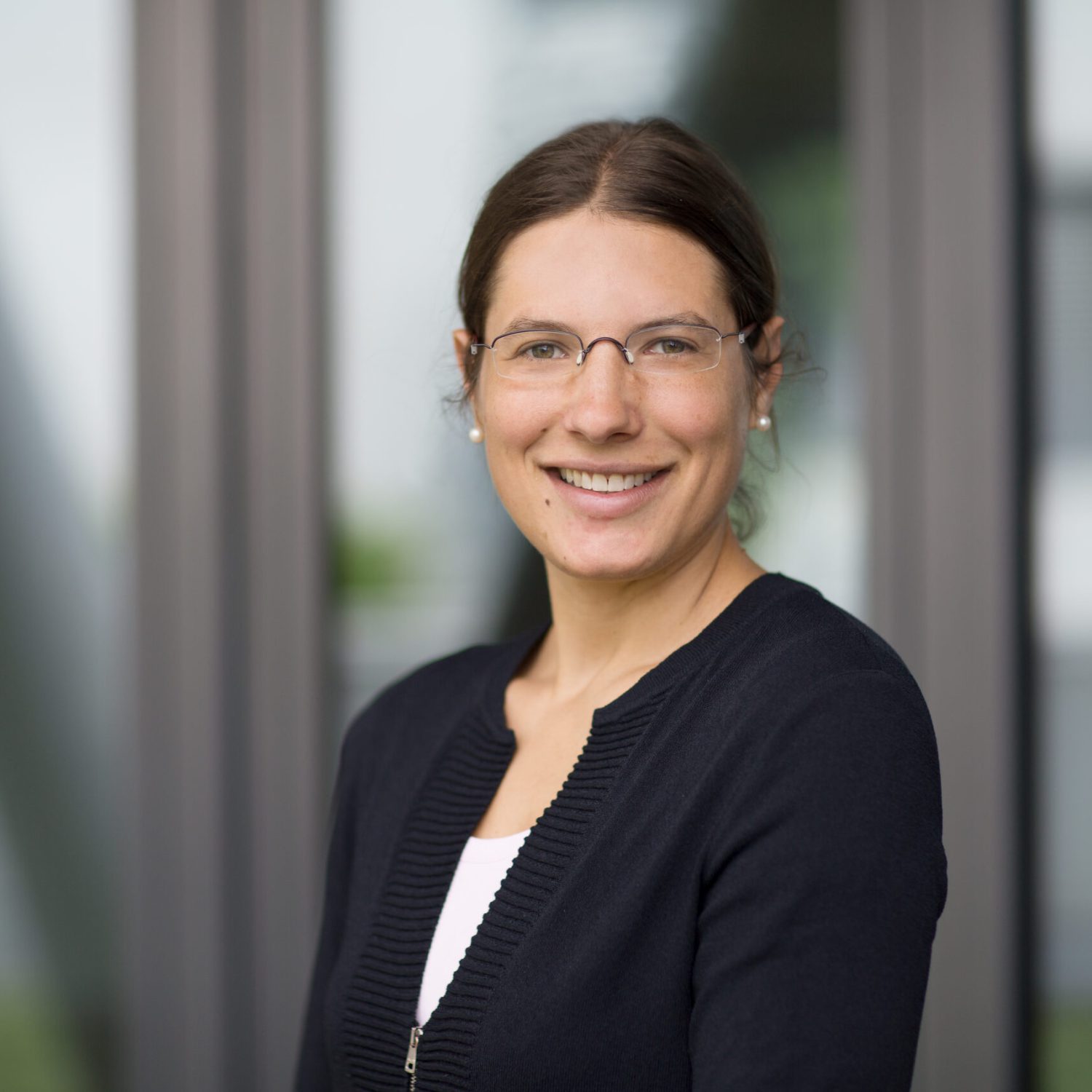
Prof. Dr. Anne Herrmann-Werner
Institute for Medical Education, University Hospital Tübingen
Anne Herrmann-Werner is Director of TIME - Tübingen Institute for Medical Education at the Medical Faculty of Tübingen. Her research focuses on factors of communication and interaction in successful doctor-patient encounters, resilience in students, and digital teaching in medicine.
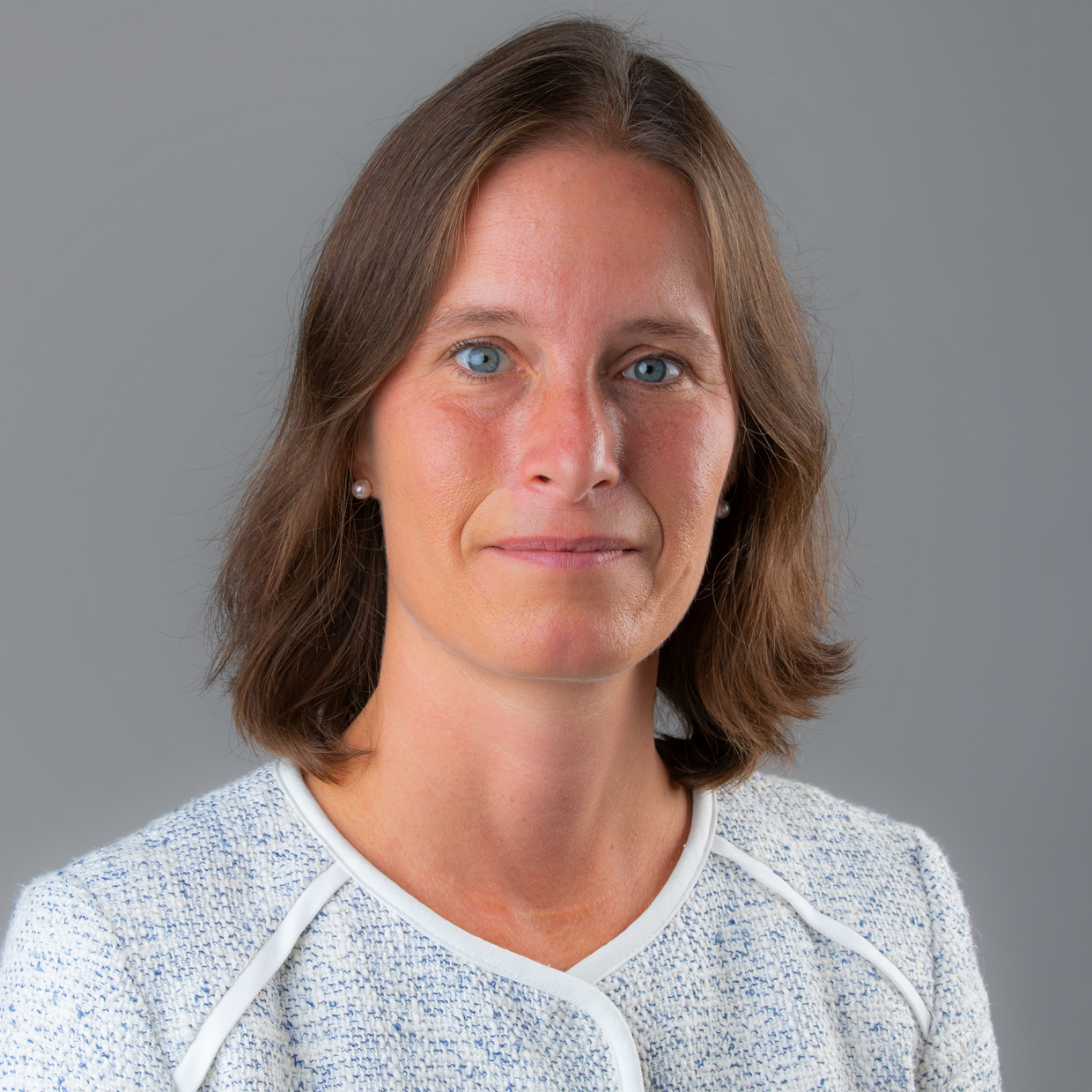
Prof. Dr. Dr. Sabine Salloch
Institute for Ethics, History and Philosophy of Medicine, Hannover Medical School
Sabine Salloch is head of the Institute for Ethics, History and Philosophy of Medicine at the Hannover Medical School. Her research focuses, among other things, on interprofessionalism in health care and ethical issues of digitalisation in medicine.
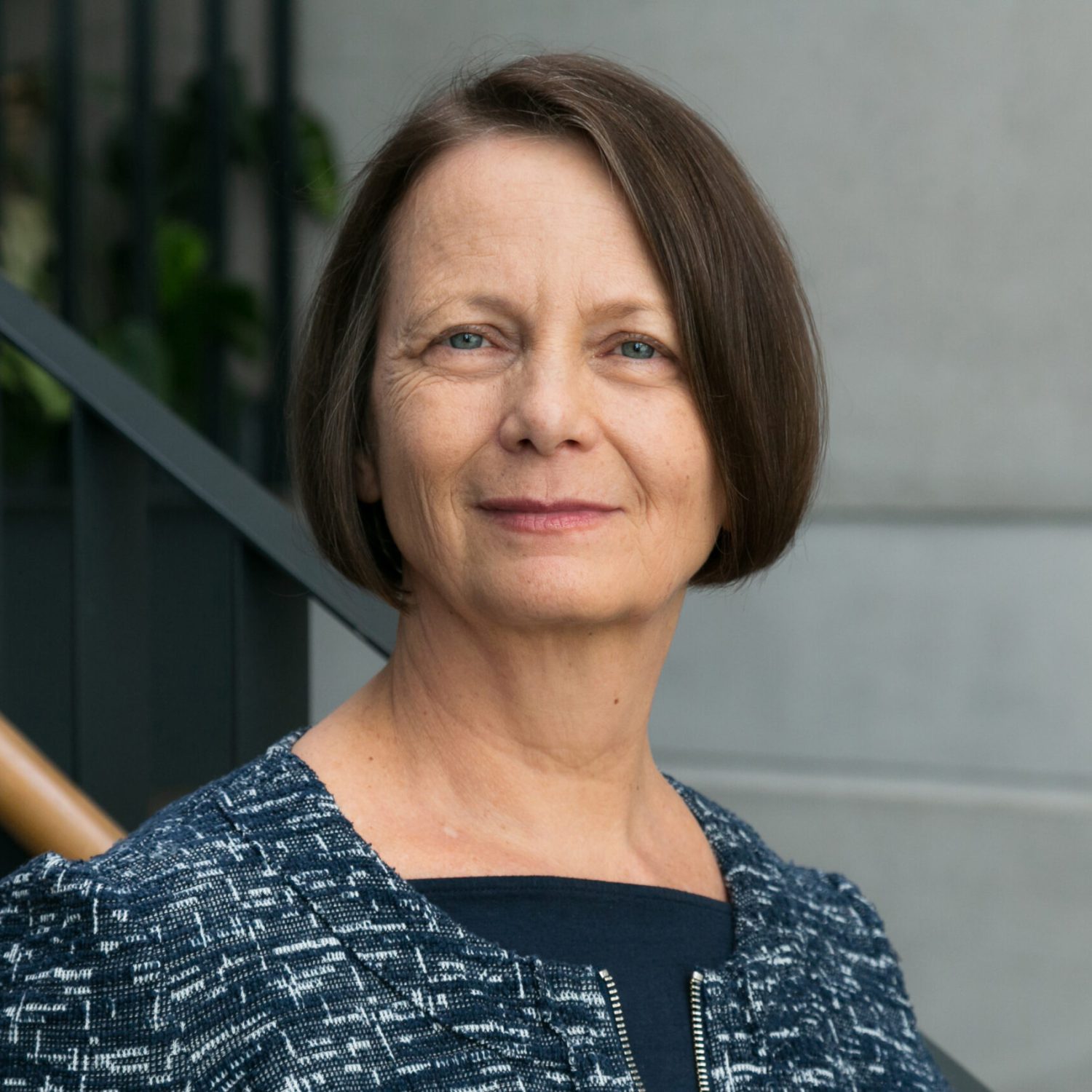
Prof. Dr. Regina Ammicht Quinn
International Center for Ethics in the Sciences and Humanities
Regina Ammicht Quinn is spokesperson for the IZEW and head of the Society, Culture and Technological Change Department. Among others, her research interest lies in research on ethical questions of technological development and ethical questions of digital life.
DiMEN Fellows
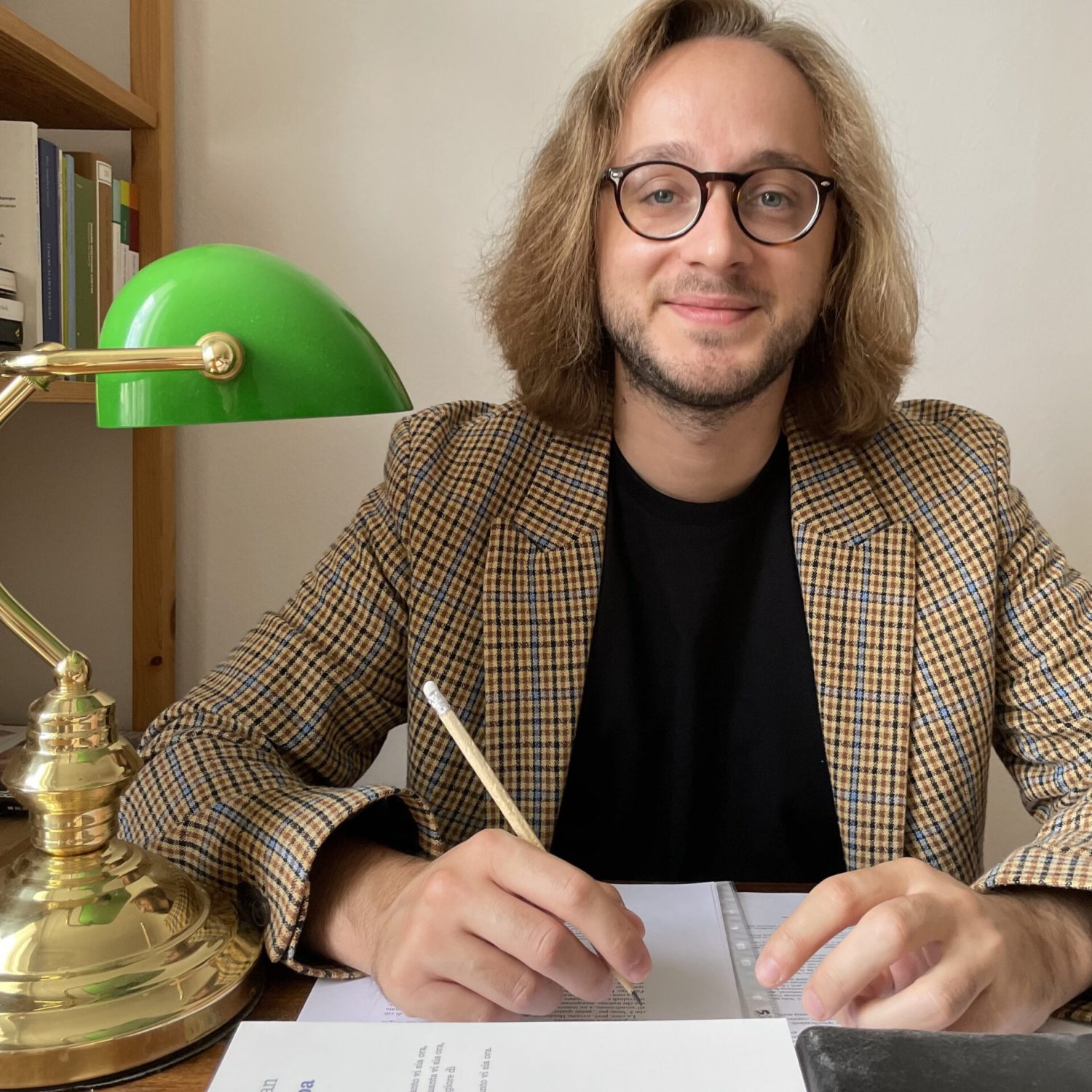
Filippo Pianca, M.A
PhD candidate at the Catholic University of Milan, Italy
Filippo Pianca is currently investigating the ethical, bioethical, and anthropological implications of digital technologies. Among his main interests are the intersection between artificial intelligence and climate change, the digitization of medicine, and the adoption of robotics in healthcare practices. His research period at the Institute for Medical Ethics and History of Medicine of the Eberhard Karls Universität Tübingen is dedicated to assessing whether digital health technologies could lead to an impersonal turn in interpersonal care relationships.
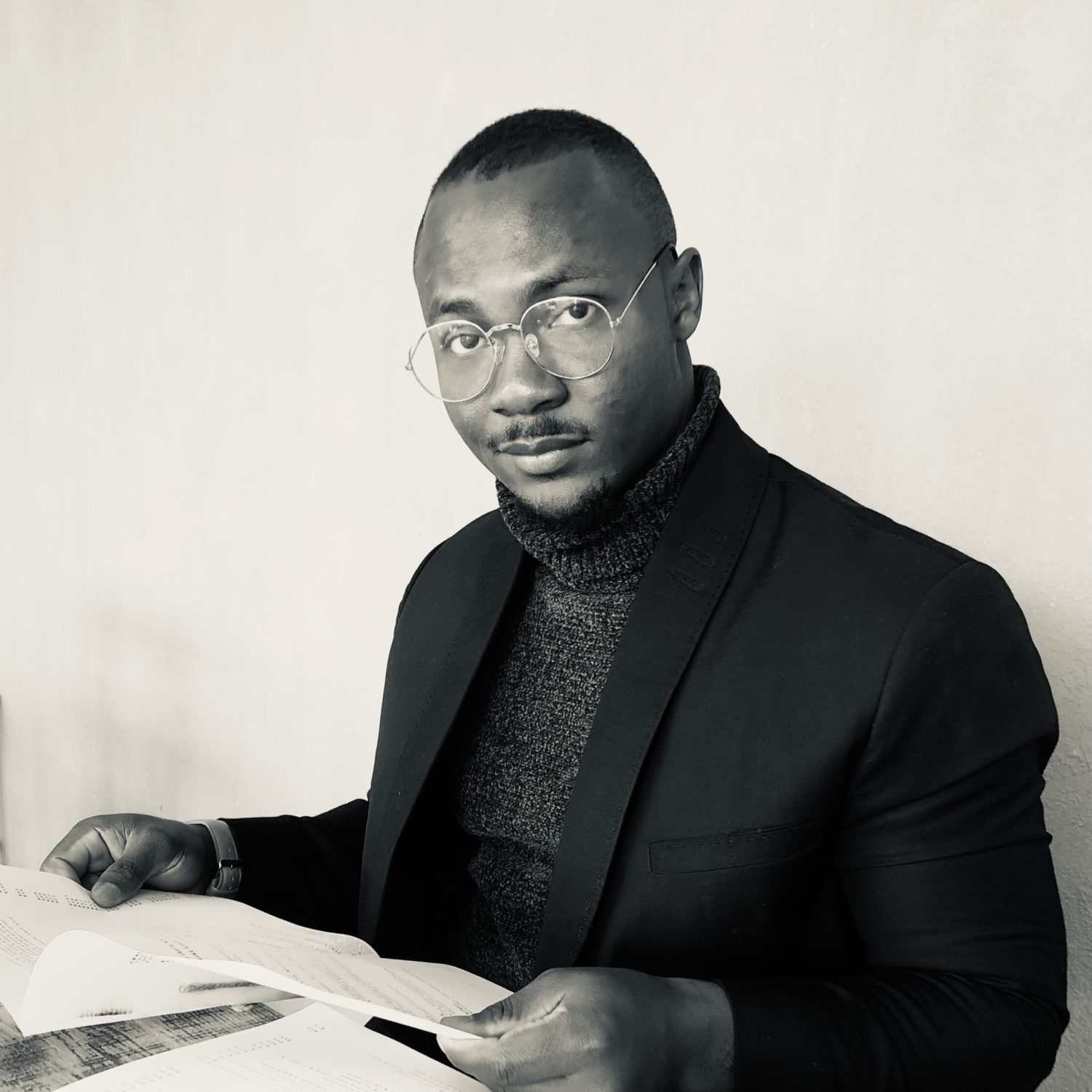
Edmund Terem Ugar
University of Johannesburg, South Africa
Edmund Terem Ugar is a Philosopher of Medicine, Public Health, and the Ethics of Artificial Intelligence (AI), Robotics, and Big Data. He is a PhD candidate in the Department of Philosophy at the University of Johannesburg. Edmund is heading a project on African Medical AI at the University of Johannesburg and Durham University Centre for Philosophy of Epidemiology, Medicine, and Public Health. He is also a researcher at the Centre for African-China Studies at the University of Johannesburg.
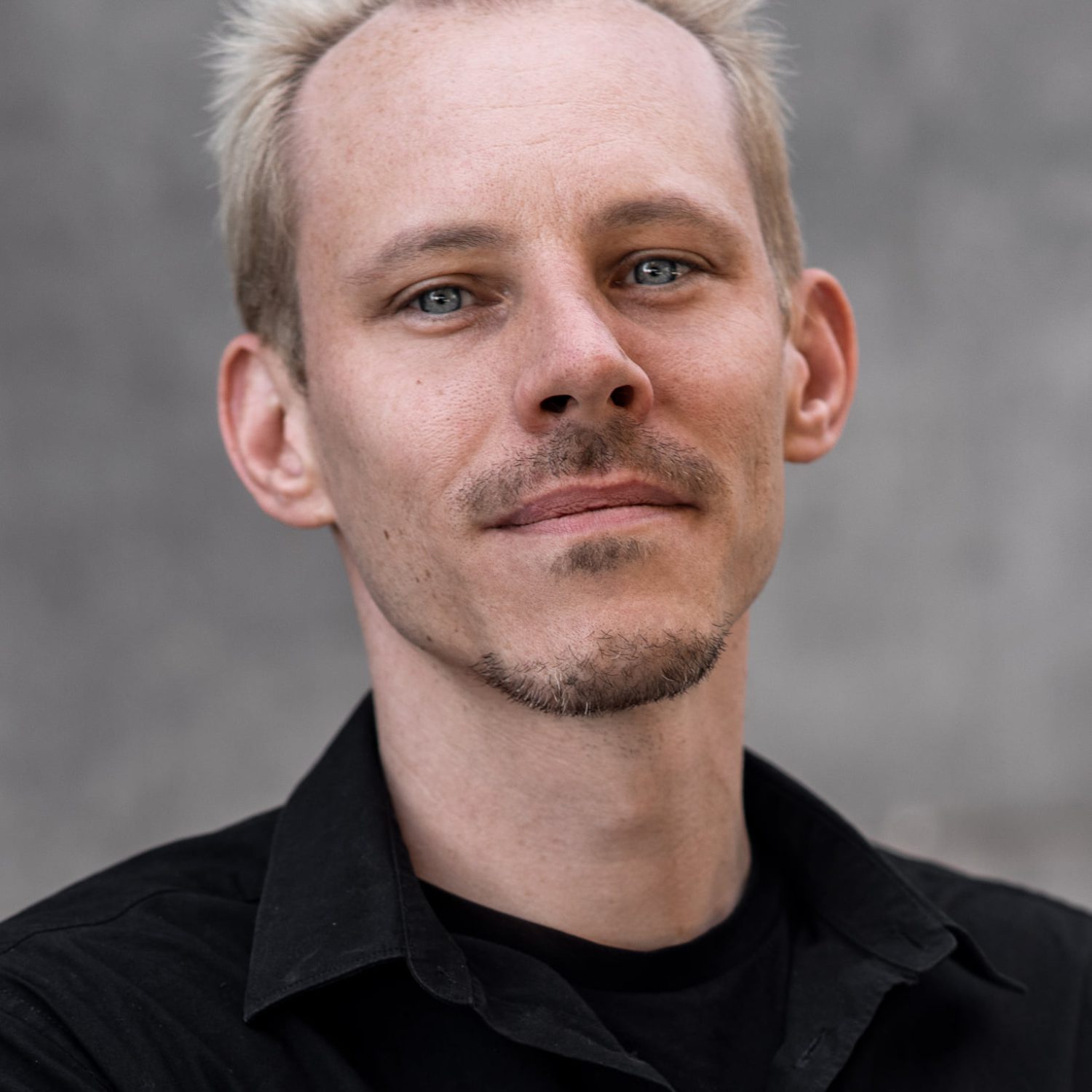
Dr. René Baston
Ruhr Universität Bochum
René Baston completed his PhD in Philosophy in 2019, focusing on the nature of implicit prejudices. He works as a research associate (Postdoc) at Ruhr University Bochum and will soon move to TU Dortmund. René's research focuses on the philosophy of psychology, where he applies philosophical methods to address theoretical issues in the research literature on implicit biases and suicide studies. He leads a research network on suicidal ambivalence, which involves 9 philosophers and 2 clinical psychologists, funded by the DFG. As a DiMEN fellow, René investigates to what extent AI can be trusted for suicide risk assessments, specifically exploring what justifies or undermines such trust.

